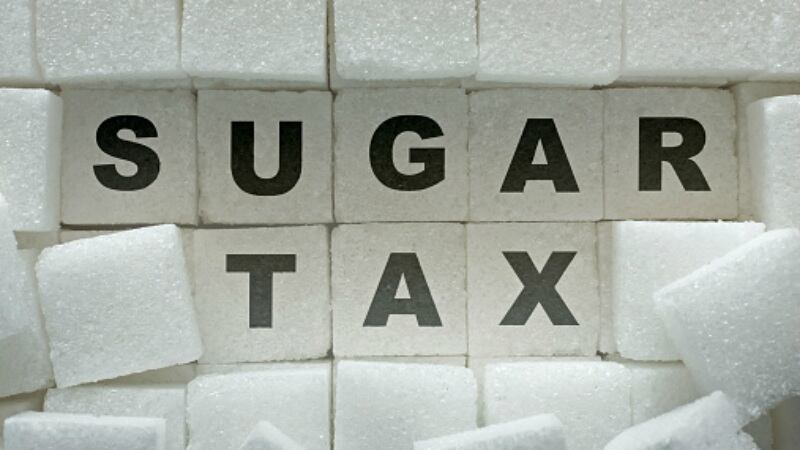In total, the ambition applies to more than 20 non-alcoholic beverage brands in the country.
Richard Schlasberg, general manager at Coca-Cola Oceania told FoodNavigator-Asia: “We are making bold moves to continue reducing sugar across our entire portfolio.”
“We’re doing this because not only is it the right thing to do, it’s also what Kiwis are telling us they want. Kiwis’ wants and needs are continually evolving so it’s critically important the business keeps innovating to stay relevant to those looking for a range of drinks to fit their lifestyles.”
Kiwis sugar intake
The 2008/09 New Zealand Adult Nutrition Survey found average total sugar intake per day was 106g (20% of dietary energy). This was further broken down to estimated intake of free and added sugars, which was 57 and 49 g/day respectively.
The World Health Organisation recommends free sugar intake of less than 10% of energy intake. Free sugars are those added to foods and beverages by manufacturers as well as sugars found naturally in honey, syrups, fruit juices, and fruit concentrates.
For an average adult, 10% of daily energy equates to 12 teaspoons of sugar.
The national survey found 42% of adults consumed less than 10% of their energy intake from free sugars, which hinted that more than half of the population are still consuming excess sugar in their diets.
Beverages and confectionery were the top two dietary sources of sugar for Kiwis, according to the same survey.
Low and no sugar drinks getting popular
Schlasberg told us: “When it comes to offering more choices for consumers, it's not as simple as just reducing sugar. In order to make a meaningful difference, we also need to continue developing new no and low sugar options, dedicate significant marketing spend to promoting these alternatives and provide smaller pack sizes to moderate consumption,
For instance, when you see one of our Coca-Cola drinks in advertising, you will see mostly it’s a no or low sugar option, such as Coca-Cola No Sugar,” he added.
“Low and no sugar drinks have made up over half our market growth over the past two years. Already we are selling more Coca-Cola without sugar than Coca-Cola Classic in supermarkets,” Schlasberg told us.
“Our bottled water sales have also been increasing 9% and still water sales 13% over the past two years.”
In New Zealand, Coca-Cola without sugar is made up of the No Sugar, Stevia, Diet and Zero range which contain 0.1g, 0g, 0.1g, 0.1g/100mL of sugar respectively. Its Classic Coke contains 10.5g of sugar per 100mL.
Coca-Cola’s other products include Sprite (original) which contain 9.9g of sugar per 100mL, compared to its lower in sugar range, Sprite Zero (0g sugar/100mL).
For now, Coca-Cola NZ’s plan is to launch more no sugar or low in sugar products.
“There is no point creating a healthy drink that no one wants to buy as that makes no difference to people’s health and wellbeing,” Schlasberg expressed.
“It’s important to get the balance right; we don’t want to sacrifice taste and quality, so we’ve spent years trialling sugar alternatives and making sure the recipe delivers. It has to taste good for the product to succeed.”
Progress outside NZ
Coca-Cola New Zealand was the first in the world to launch Coca-Cola Stevia No Sugar in 2018, which is 100% sweetened with stevia.
In Oceania, Coca-Cola Australia had also committed to reducing sugar content in its non-alcoholic beverages by 20% by 2025, a move which was announced in 2018. Its short-term plan is to reduce sugar by 10% by the end of this year.
Coca-Cola’s greatest competitor, PepsiCo have plans to reformulate at least two-thirds of its beverages to contain 100 calories or less per 350mL by 2025.


